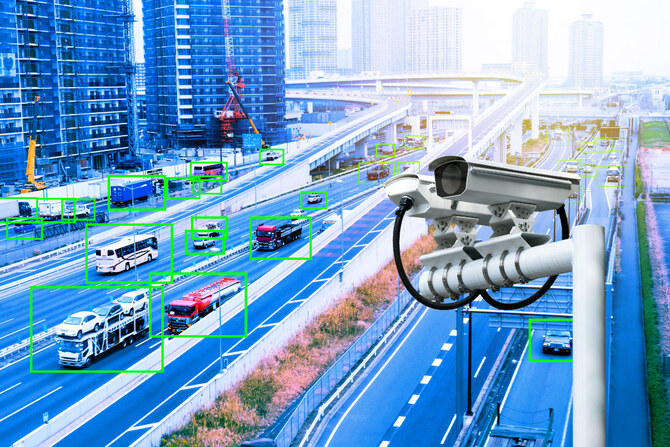RIYADH: Congestion is a major concern for residents of Saudi Arabia’s cities. Commuters in Riyadh alone lose an average of 52 hours in traffic annually, according to a 2024 estimate.
While projects like the Riyadh Metro, which opened the last of its lines in January, are doing their part to ease the flow of cars, the city’s population is still projected to grow from around 8 million today to 9.6 million in 2030, presenting further challenges.
The Saudi Data and AI Authority, in collaboration with government entities, has developed several systems that generate vast amounts of information on road traffic, ranging from a macro, citywide level to individual streets.

One of these is the Sawaher system, a national platform designed to analyze streams of images and videos using artificial intelligence and computer vision, providing real-time insights. One of its key use cases is in traffic management.
Another is the Smart C platform, which leverages data and artificial intelligence technologies to monitor, analyze, and predict operational indicators, supporting decision-making in smart city management.
“Riyadh is becoming a very busy city, so we need to be innovative, we need to act fast,” Mohammed Al-Buqami, general manager of product development at SDAIA’s Estishraf, told Arab News.
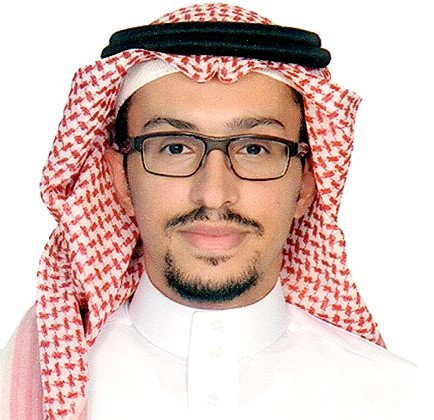
Mohammed Al-Buqami
The system developed by SDAIA analyzes data in detail, identifying accident hotspots and comparing seasonal fluctuations.
Areas with a high number of fatal accidents are assessed for whether or not signage or road infrastructure can be improved to cut down on collisions.
“Ramadan specifically will have different spots than any other month in the year,” Al-Buqami said, as working hours and commuting patterns shift during the holy month.
When a recent event in Riyadh attracted a huge number of visitors, it caused a ripple effect of congestion. That is why SDAIA, in collaboration with government entities, decided to develop a new tool “to ensure that traffic at the gate does not cause congestion in the surrounding area or impact major roads,” Al-Buqami said.
Looking to the future and problems that may arise from a rising population, SDAIA is working to introduce new technologies, and recently carried out a bootcamp for budding AI experts who came up with the idea for a robot that detects cracks, potholes, and puddles on the city’s roads, as well as an automated accident response system.
While SDAIA is on the cutting edge of data analytics and automated traffic management, the Kingdom has been implementing advanced technology solutions for road safety for more than a decade.
Saher, the automated penalty system, was developed in 2009 and launched the following year by the Ministry of Interior, using a network of cameras and radars.
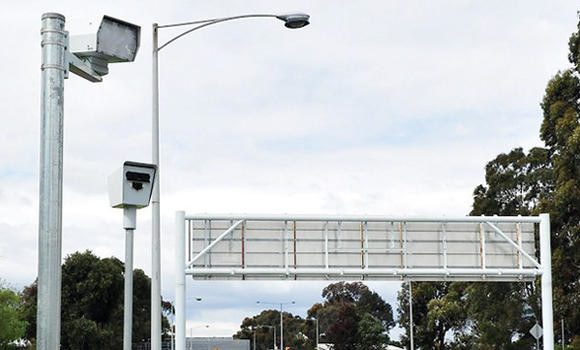
The installation of Saher camera along major roads in Saudi Arabia have led to a reduction in speeding and reckless driving violations. (AN file photo)
When cameras detect a violation such as speeding, not wearing a seatbelt, texting while driving, or other such offenses, the system retrieves the vehicle owner’s details from the database and automatically issues a fine sent to the driver via SMS.
“The Saher system illustrates how AI and automation can revolutionize traffic enforcement and improve road safety,” Hasan Al-Ahmadi, associate professor at the Department of Civil Engineering at King Fahd University of Petroleum and Minerals, told Arab News.
Saher operates continuously, ensuring consistent enforcement of traffic laws without relying on human oversight.
DID YOU KNOW?
• By the end of 2023, Saudi Arabia had 15.1 million roadworthy vehicles — a 6.2 percent increase from 2022.
• In 2016, the country’s road traffic fatality rate was 28.8 per 100,000 people.
• Vision 2030 reforms have cut road deaths by 54 percent, dropping to 13.6 per 100,000 from 2016 to 2023.
It can identify and track road users moving through cities, automatically recognizing number plates and allowing law enforcement officers to pinpoint stolen or wanted vehicles.
Saher cameras are placed at regular intervals and their watchful eye can detect infractions as minor as changing lanes excessively or not leaving enough room between vehicles.
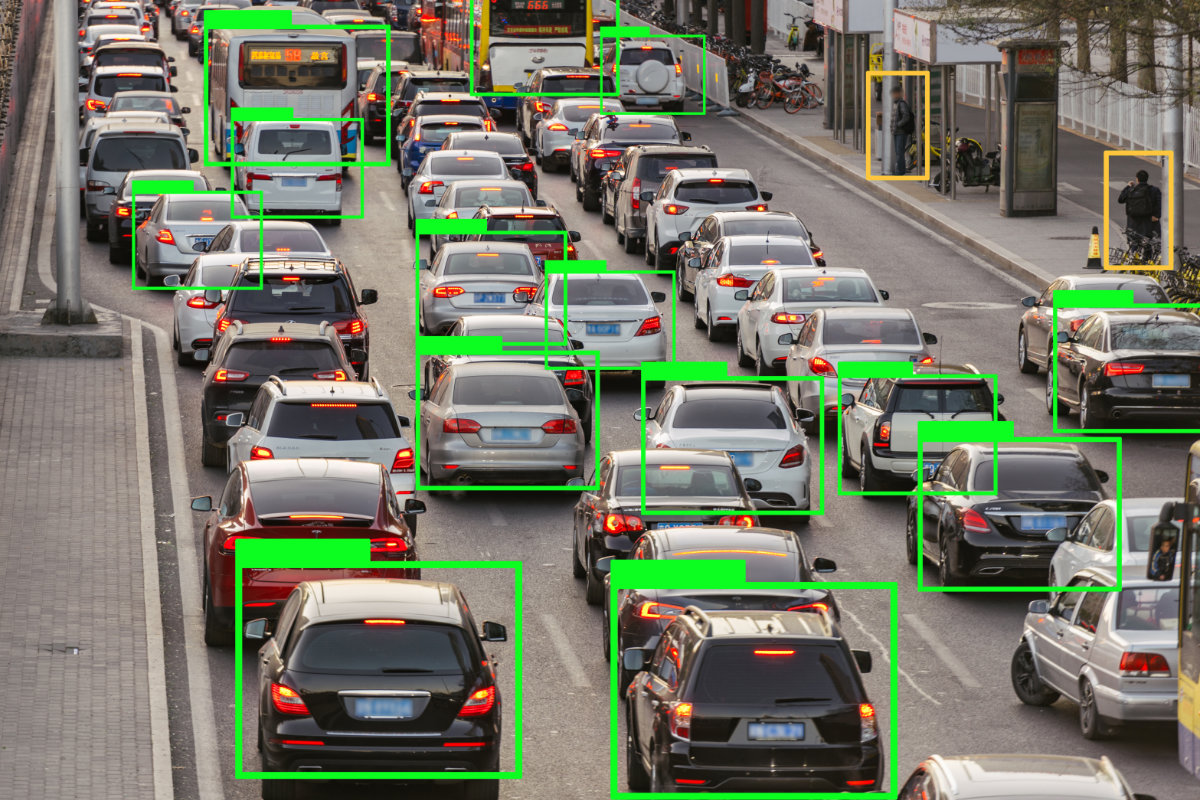
Saher cameras are placed at regular intervals and their watchful eye can detect infractions as minor as changing lanes excessively or not leaving enough room between vehicles. (Supplied)
The system uses machine learning to study driver behaviors over time, identifying trends such as habitual speeding or repeated violations. Insights from this analysis are used for educational campaigns or stricter penalties for repeat offenders, said Al-Ahmadi, who has published a number of research papers on automation and road safety in Saudi Arabia.
The professor noted that a number of studies have shown decreases of up to 30 percent in speeding violations and red-light infractions since Saher was introduced.
In Dammam, accident rates dropped by approximately 20 percent, while congestion was reduced by around 20 percent in Dammam and Jeddah.
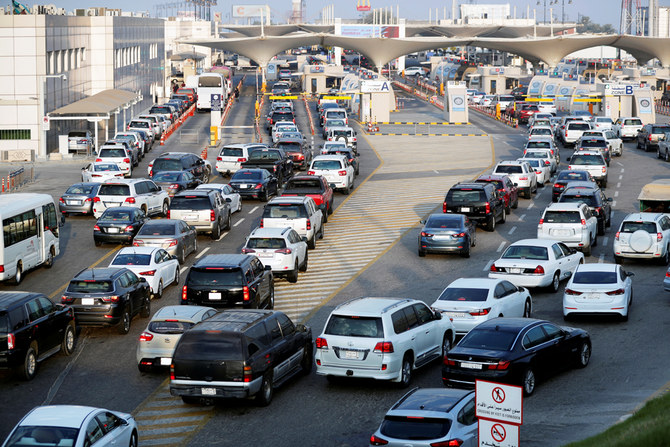
Congestion in Dammam's roads has been reduced by around 20 percent since the introduction of the Saher traffic monitoring system. (SPA file photo)
Meanwhile, studies also show that emergency response times improved by between 20-30 percent, Al-Ahmadi said.
In 2016, road accidents were the leading cause of death in Saudi Arabia. A total of 21 people were killed in crashes every day — almost one every hour.
These findings spurred the government into action. By 2023, fatal accidents had fallen by 54 percent.
Data and analytics were a key part of this success, with the number of road cameras increasing by 320 percent from 2016 to 2021, according to a World Health Organization report. Analyzing data from the country’s death registry also played a part.
Al-Ahmadi sees a future where even more advanced technology can play a part in making Saudi Arabia’s roads safer.
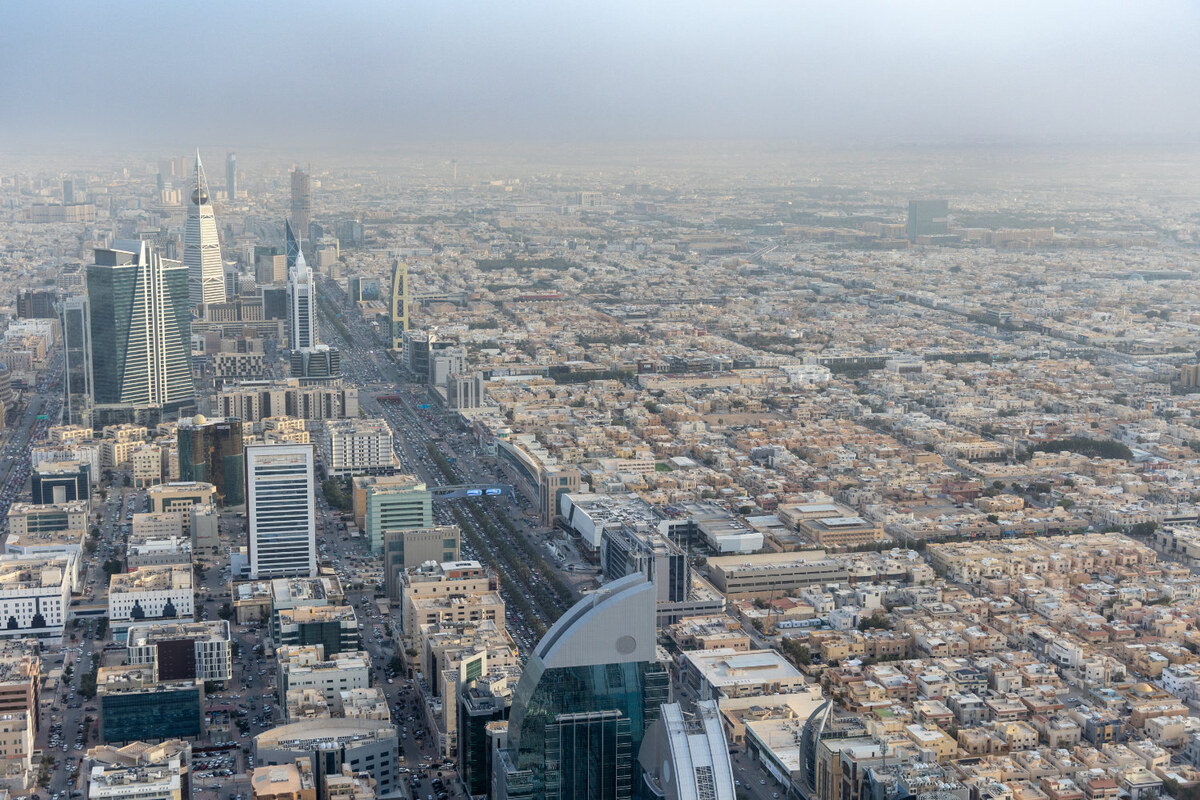
As Saudi Arabia moves towards a more sustainable society, automated systems could also monitor vehicle emissions and impose penalties in high-pollution zones, says Assistant Professor Hasan Al-Ahmadi of KFUPM's Department of Civil Engineering. (Supplied)
Drone technology could be used for real-time traffic monitoring in areas with limited camera coverage, he said. Integrating intersection management systems with self-driving vehicles could be another advanced solution.
Al-Ahmadi also suggested that monitoring technology could be upgraded to analyze drivers’ facial expressions, blink rates, and head movements to detect fatigue or distraction.
As Saudi Arabia moves towards a more sustainable society, automated systems could also monitor vehicle emissions and impose penalties in high-pollution zones, Al-Ahmadi added.
While the Kingdom’s cities continue to grow at a rapid rate, the problem of congestion and road safety is not going anywhere.
However, with a combination of automated technology and continuous monitoring, as well as the introduction of new infrastructure projects, officials have found early success in reducing fatalities and look poised to keep the issue at bay.



